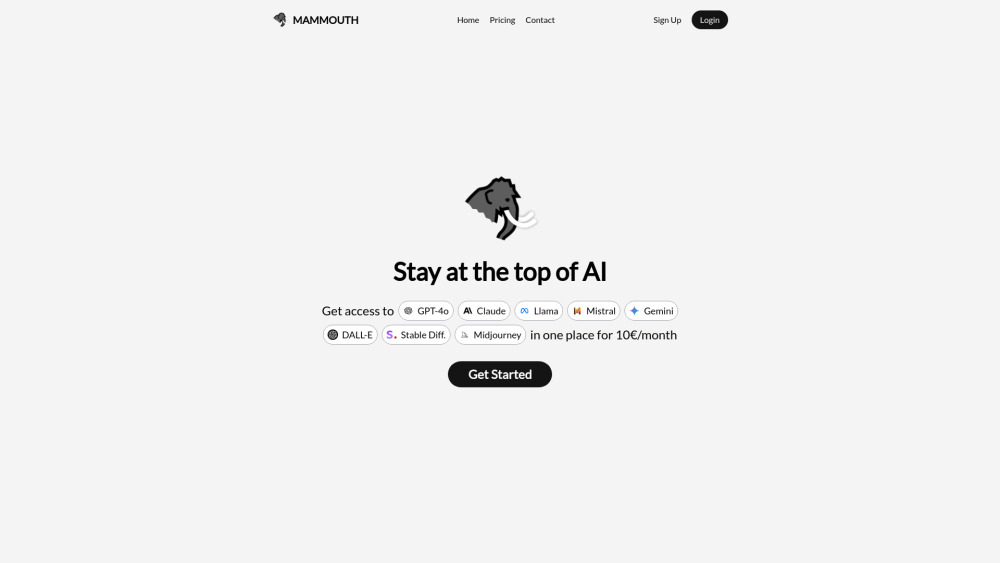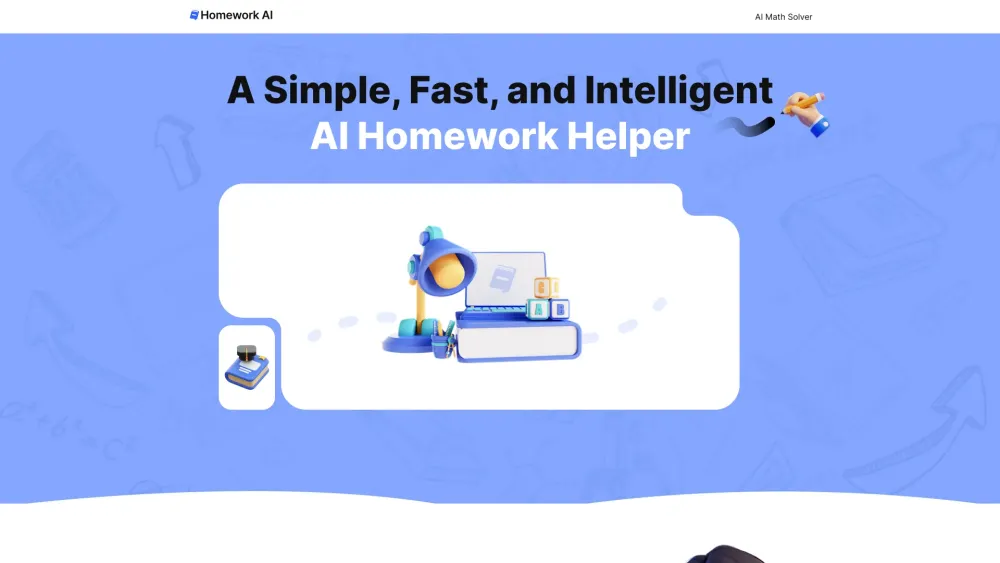In a surprising turn of events, the board of OpenAI has announced the departure of CEO Sam Altman, citing concerns over his honesty in communications with directors. Following a thorough review, the board determined that Altman’s lack of consistent candor had “hindered” their ability to fulfill their responsibilities effectively. The board released a statement declaring that they no longer have confidence in his leadership.
Altman, known for his significant role in shaping OpenAI and bringing innovations like ChatGPT to life, expressed his gratitude for his time at the company, calling it “transformative.” He mentioned plans to reveal his next steps in due course.
With Altman’s exit, Chief Technology Officer Mira Murati has been appointed as interim CEO. In light of the situation, OpenAI President Greg Brockman also stepped down from his position.
Altman has been a pivotal figure in the tech landscape, gaining recognition as a leader advocating for responsible AI governance. Recently, he hosted the company’s first developers conference, DevDay, which witnessed overwhelming interest in OpenAI’s offerings, prompting the suspension of sign-ups for its ChatGPT Plus service.
Time magazine recognized Altman as one of the most powerful individuals in artificial intelligence, highlighting his influence within the field.
Under Altman's guidance, OpenAI transitioned from its nonprofit origins to a capped-profit model, enabling the company to attract significant investments, including a reported $13 billion from Microsoft. This funding allowed for deeper integration of OpenAI's technologies into platforms like Azure and Microsoft 365.
Since the launch of ChatGPT nearly a year ago, the application has experienced unprecedented growth, reaching 100 million monthly active users within just three months. It has evolved into a multimodal tool capable of processing text, video, and audio formats, with various subscription tiers introduced to cater to a broader audience.
In their official communication, OpenAI reaffirmed its commitment to its foundational mission: to ensure that artificial general intelligence benefits all of humanity. The board expressed appreciation for Altman’s contributions while insisting that new leadership is essential for the company’s future trajectory. They expressed confidence in Murati's ability to steer the organization during this transitional phase.
The board consists of notable members, including OpenAI chief scientist Ilya Sutskever, Quora CEO Adam D’Angelo, technology entrepreneur Tasha McCauley, and Helen Toner from the Georgetown Center for Security and Emerging Technologies. Most board members are independent and do not hold equity in the company.
Originally founded as a nonprofit in 2015, OpenAI is dedicated to the mission of ensuring that artificial general intelligence benefits all of humanity, a commitment they remain focused on despite their evolution toward a commercial model. As OpenAI grows, the board emphasizes its responsibility to uphold the principles defined in its Charter and advance the organization’s mission.





